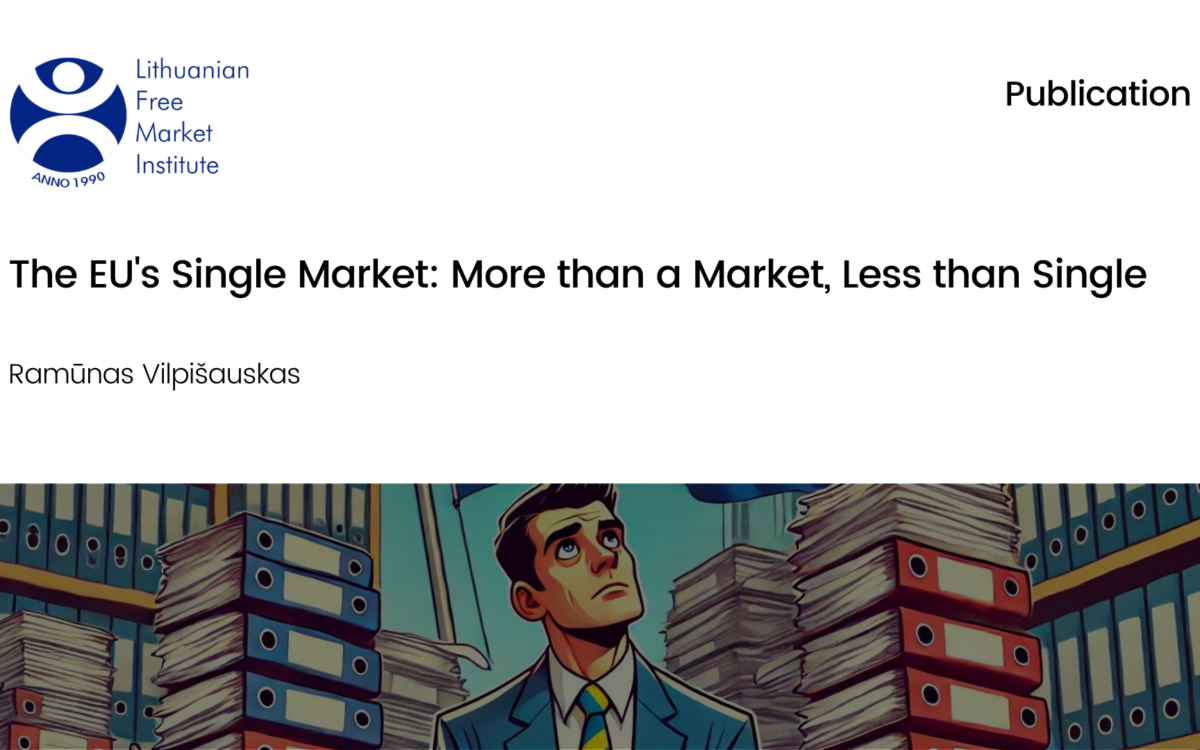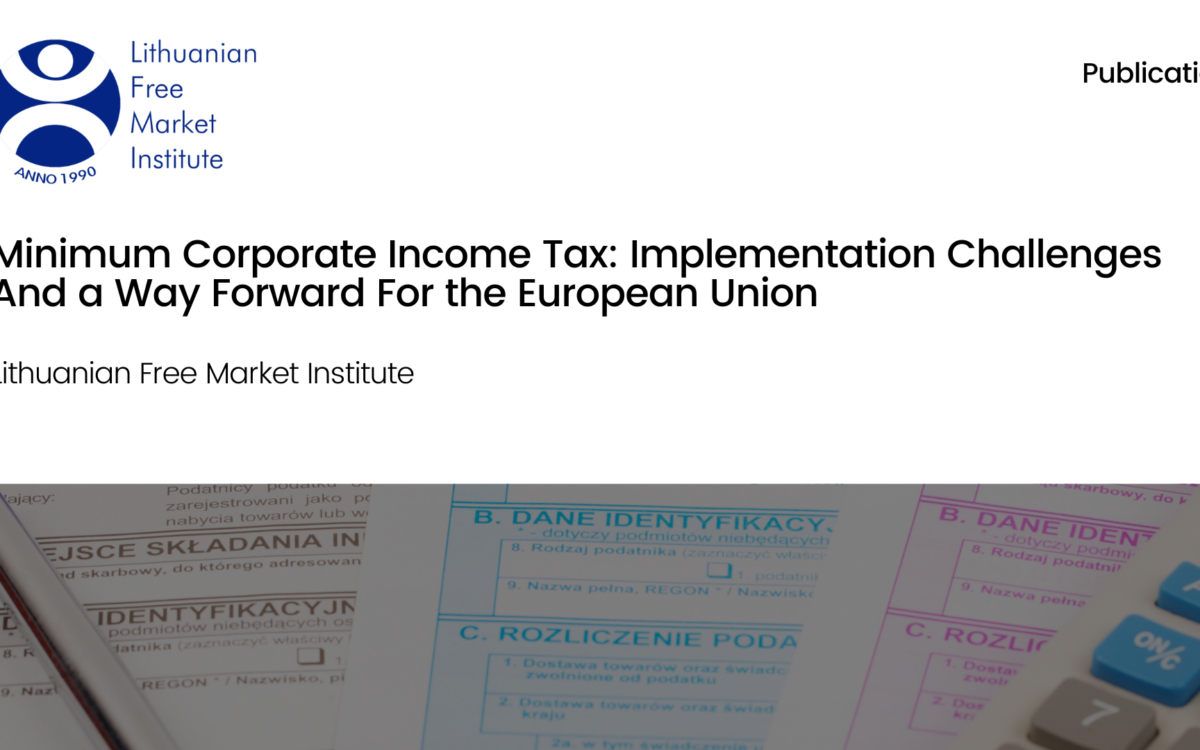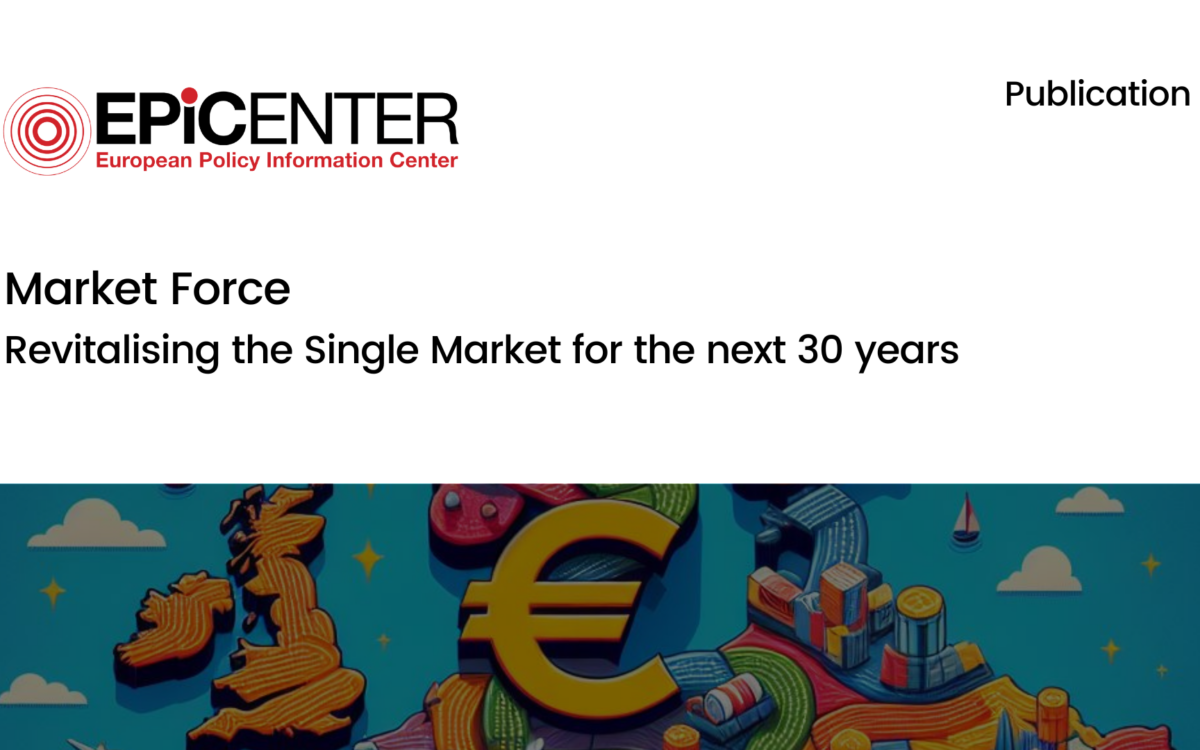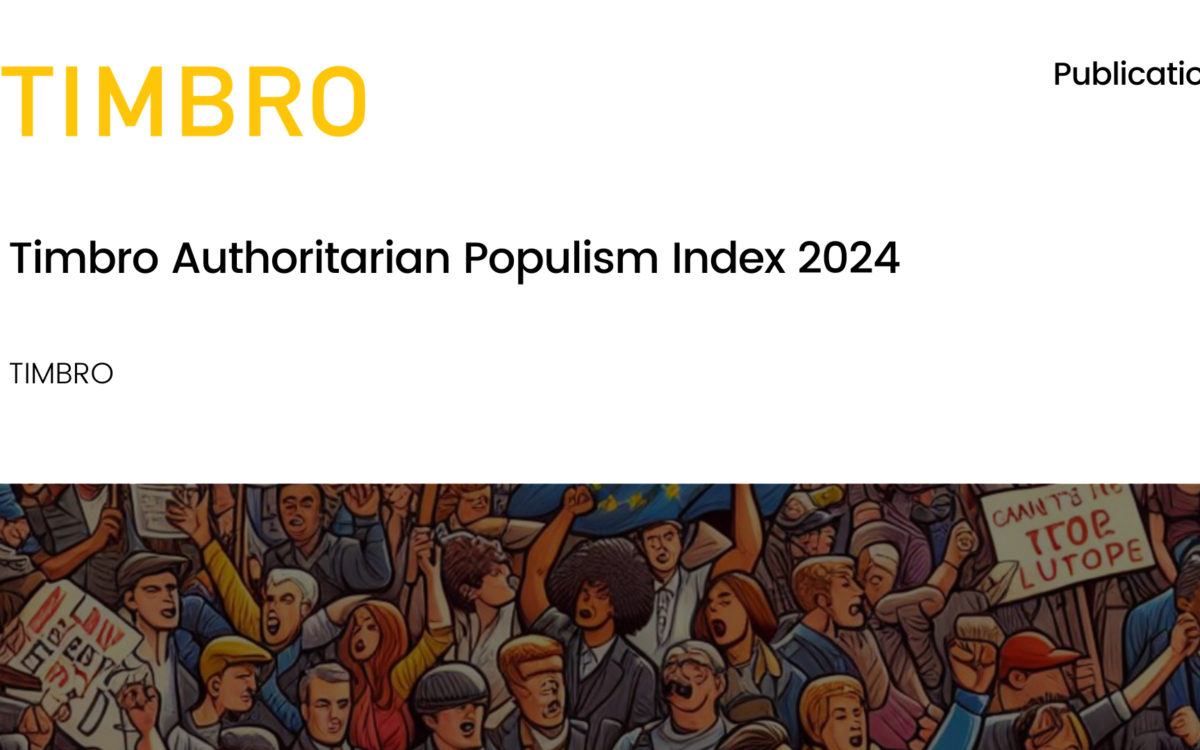EU Accession and Economic Freedom
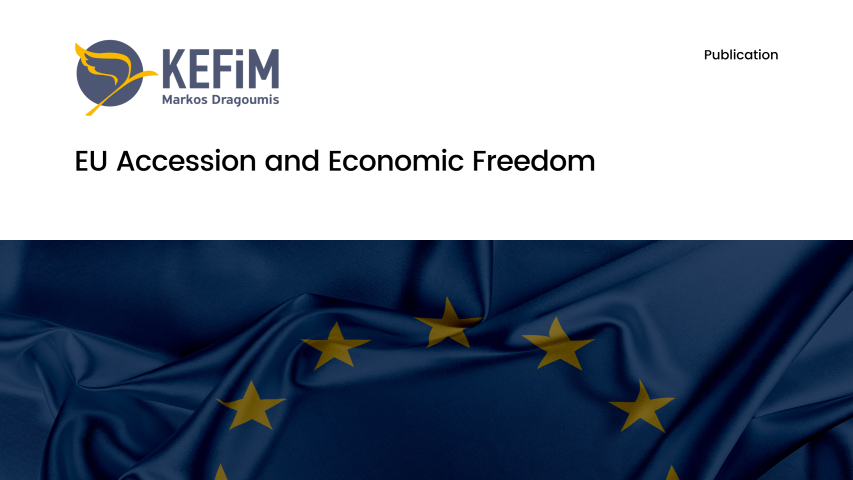
EU Accession and Economic Freedom
26 November 2020
The access to European Union and the status of EU membership require significant reforms in order for a country to align with the Union’s overall institutional framework and values. However, the recent financial and sovereign debt crises have called into question the European Union’s commitment to economic freedom. This political debate must be informed by facts, and the current book provides empirical evidence of a link between the EU accession and the aim of promoting economic freedom.
The process of EU accession is associated with increases in economic freedom. The gains of this period are not reducible to the effects of minimum accession standards, and are incremental to the benefits from improvements in domestic regulatory and administrative practices. Importantly, such gains are deduced from a comparison with not only poorer and less developed countries in the EU neighbourhoods but also with wealthy non-EU OECD countries.
The key mechanism by which the accession has come to be associated with economic freedom seems to be the freedom to trade, mainly due to the elimination of many types of barriers to trade in goods within the European Union and favourable terms offered to accession candidates, typically as part of an Association Agreement.
EU accession has a significant association, in the direction of greater economic freedom, with the quality of regulation, the moderation of currency and interest rate manipulation, the effectiveness of the legal system and the protection of property rights. However, progress in each of those areas appears to be more of a pre-requisite of accession than a consequence thereof.
EU membership is most associated with the Economic Freedom of the World sound money indicator. This effect could be partly a result of price and interest rate stability criteria associated with accession; but it could also be a simple consequence of the linking of EU accession and commitment to Eurozone accession since the Maastricht Treaty of 1992.
Download or share this publication
View the PDF
EPICENTER publications and contributions from our member think tanks are designed to promote the discussion of economic issues and the role of markets in solving economic and social problems. As with all EPICENTER publications, the views expressed here are those of the author and not EPICENTER or its member think tanks (which have no corporate view).
